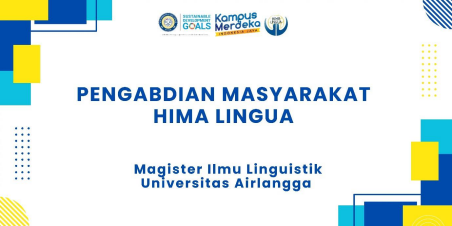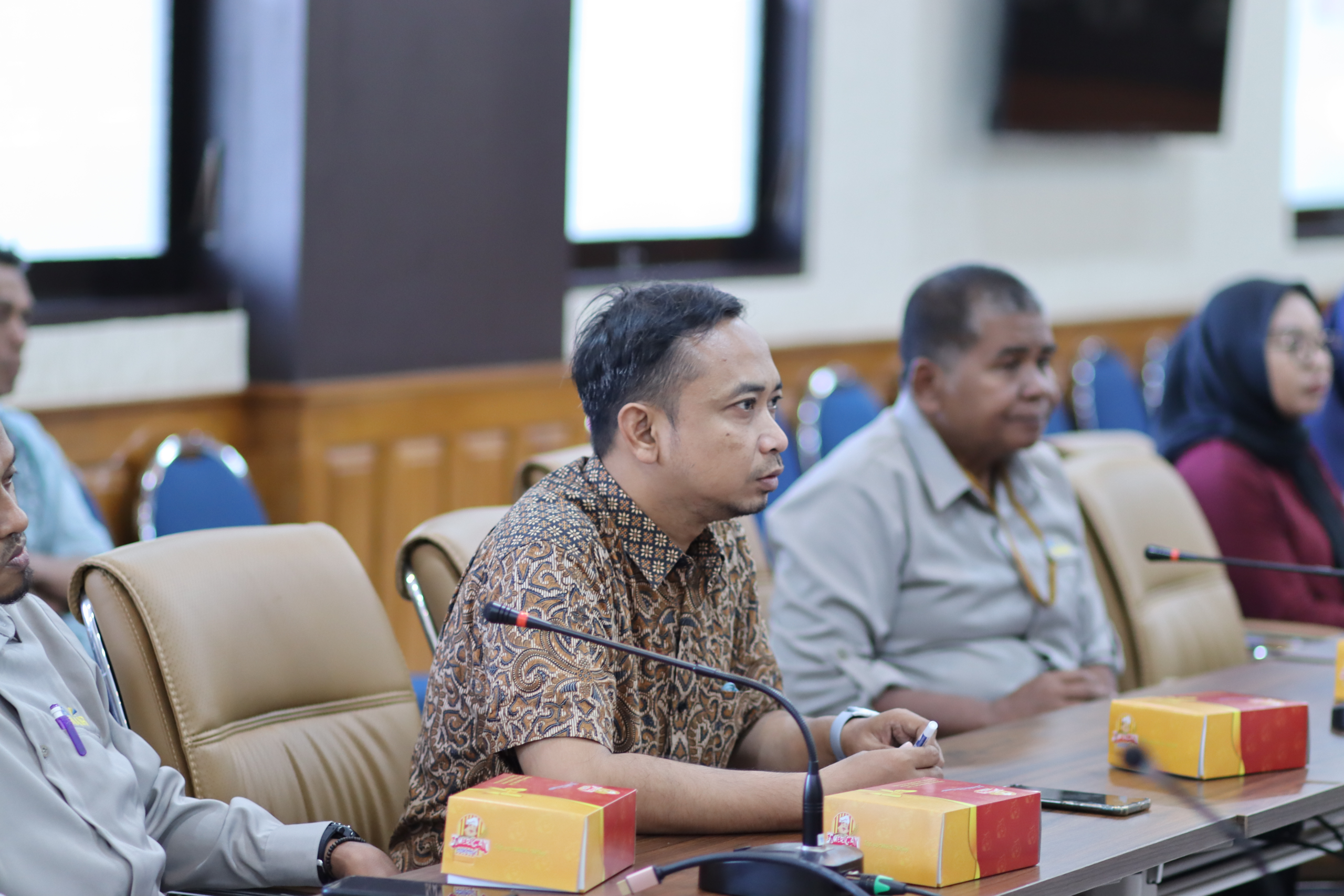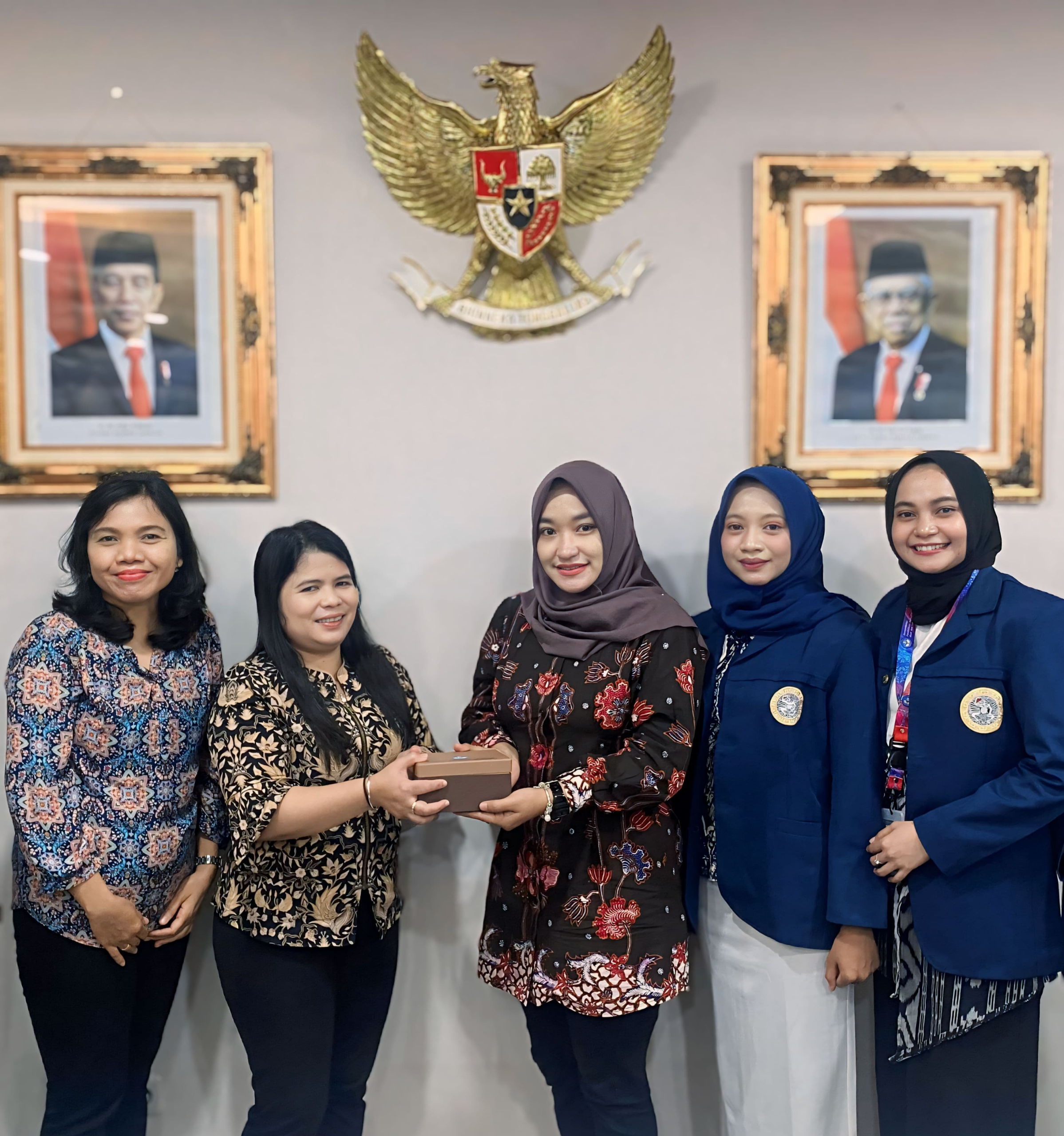Prof Manneke Budiman SS MA PhD, a speaker who explained “The Passionate Poet and The Algorithm Machine” at the ILEN Talkshow on Saturday (23/9/2023).
Journalist: Aidatul Fitriyah | Editor : Ilma Arrafi Nafi’a
To support the quality of education in the international scope, the Student Executive Board Faculty of Humanity (BEM), Faculty of Humanities (FIB) Universitas Airlangga (UNAIR), in collaboration with Airlangga Global Engagement (AGE), held International Literature and Extravaganza (ILEN) 2023 entitled Crossing The Boundaries, Unearthing The Power of Words.
The event was held in room Ternate Aseec Tower Kampus Dharmawangsa-B on Saturday (23/9/2023), with foreign and UNAIR students as participants. Prof Manneke Budiman SS MA PhD as a professor in the Faculty of Humanity Universitas Indonesia (UI), gave his material related to The Passionate Poet and The Algorithm Machine.
Prof Manneke is known as a literary and urban studies expert. His research and publications relate to literary studies, youth culture, media, urban, and gender studies.
From Analog to Digital
Prof Manneke said that digitalization is a process of machines or logic rapidly colonizing the entire planet. This process has spread to all human activities. It starts from the interaction process, for example, through communication networks, production, and consumption.
“AI is changing everything including our habits. For example, if I don’t bring my cellphone and laptop, I don’t feel confident,” he said.
In addition, the transformation of subjects in digital consists of three. Namely, the narrated subject (orality), the mediated subject (literacy), and the digitally programmable subject (digitalization).
“In orality, humans are subjects who say things. In literacy, humans are mediated, but now humans are programmable subjects in digitalization,” he said.
The difference between humans and AI
AI is creating a literary world that is not just based on words but sounds and images so that it can shift to visuals. “In the etymology of literature, the word literature means writing. But now AI and machines are changing everything,” he said.
He also explained the difference between humans and AI in literature. According to him, what AI lacks is subjective experience. It differentiates between humans and non-humans,” he added.
Chat GPT can write poetry for real. But style, words, and metaphors are something machines cannot find in a data-driven way.
“In literature, there needs to be a personal style. For example, if you hear Sapardi Djoko, you will understand his style, but AI cannot have this style,” he said.
He said that to be able to use AI, data is still needed, while AI can only process data, not think about the source of data and information. “Without data there will be no AI, they can only think if there is information,” he added.
This activity also supports SDGs points 4 Quality Education and points 17 partnership for the goals.
source
https://unair.ac.id




